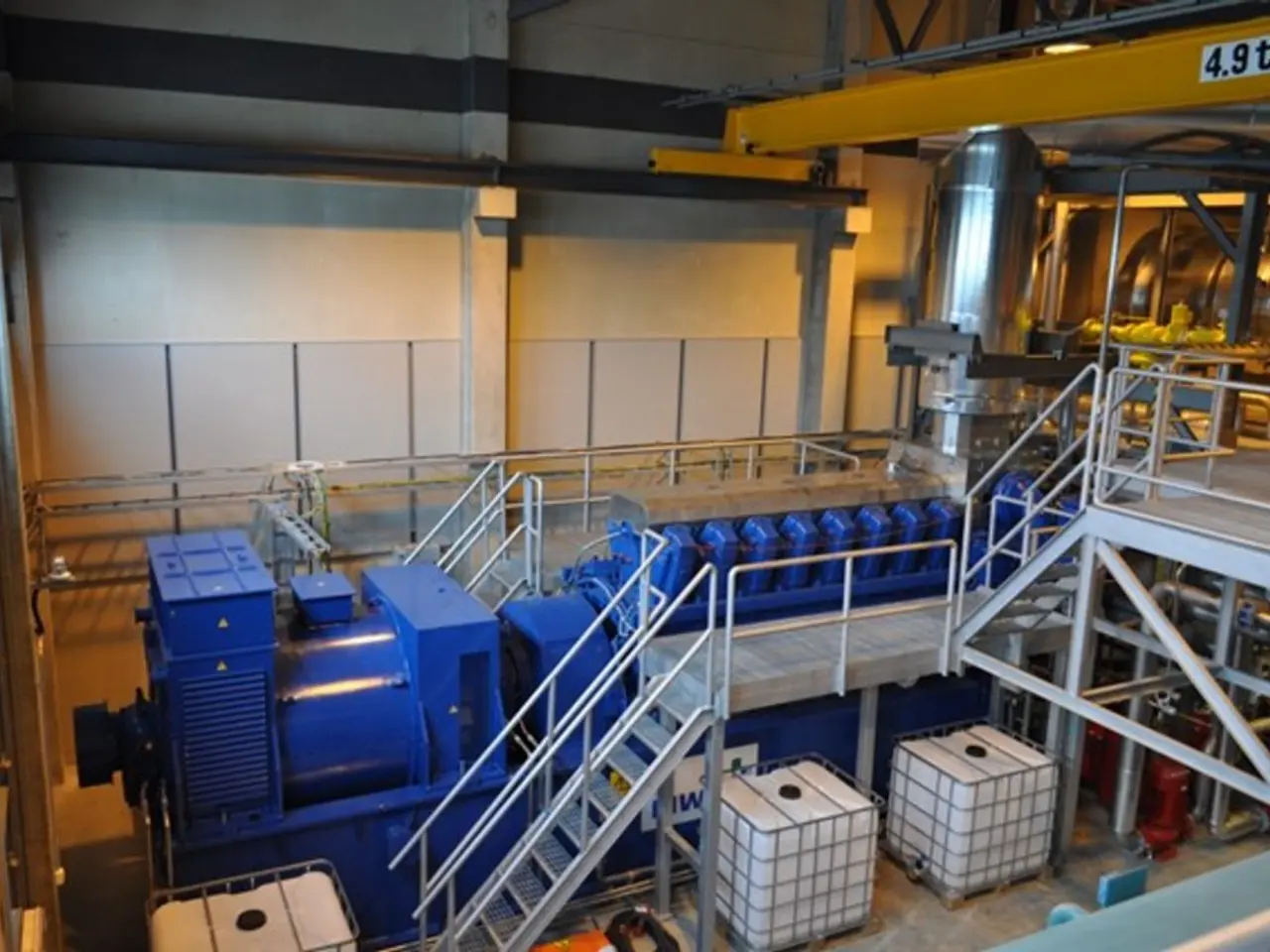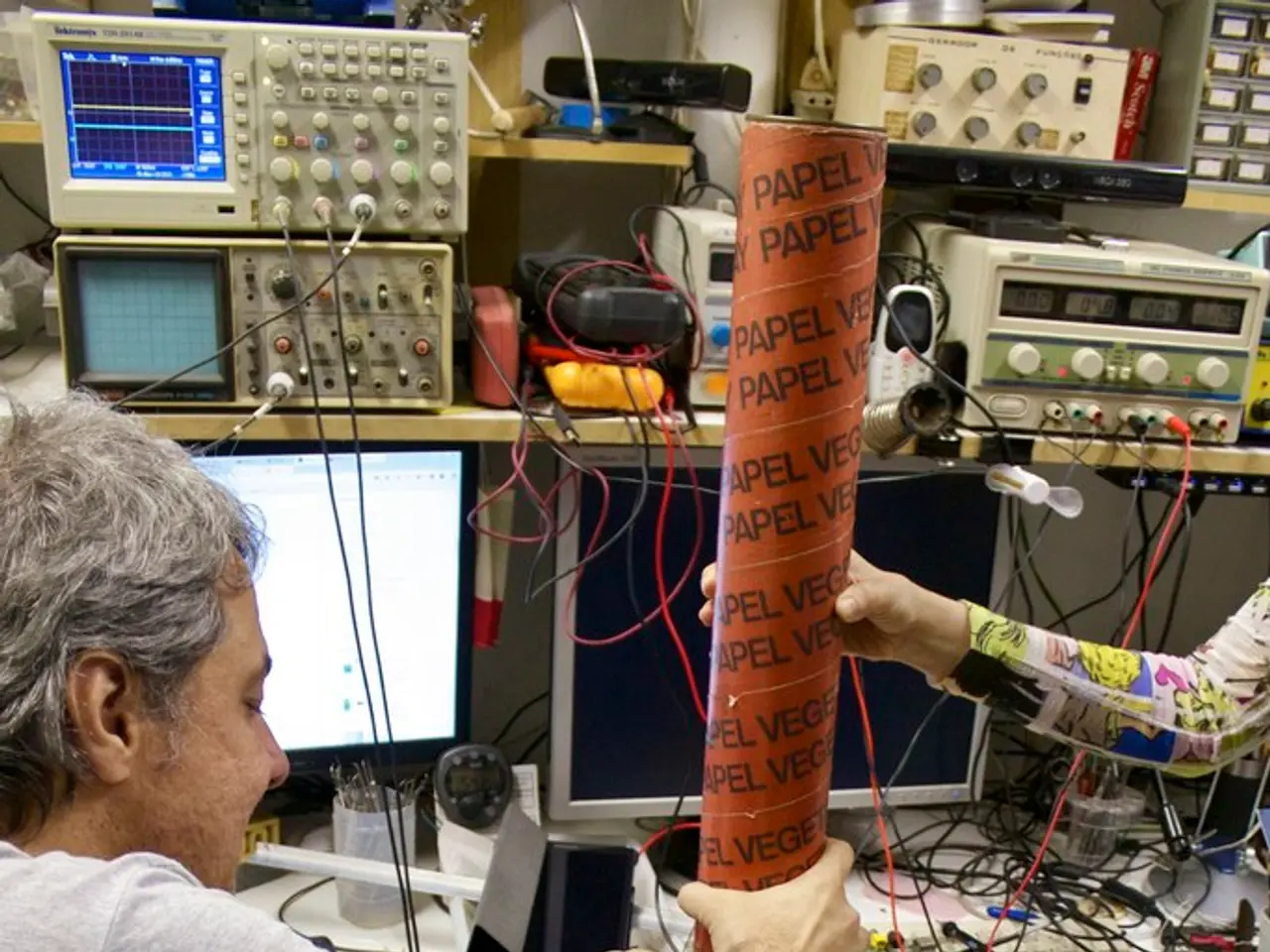Telcos should not overlook the importance of agility in their operations
The telecom industry is witnessing a significant shift towards automation and artificial intelligence (AI), as highlighted by Agile Telco's latest analysis. This transformation is poised to reshape network operations and service delivery by 2025, making AI a fundamental force driving smarter, more efficient, and autonomous networks.
- Network Optimization and Automation
AI-powered Self-Optimizing Networks (SON) are now mainstream, continually monitoring network traffic and autonomously adjusting resources like bandwidth and signal strength in real-time to prevent congestion and ensure seamless connectivity, especially during peak events or in remote areas.
- Move Toward Fully Autonomous Networks
The telecom industry is gradually moving towards fully autonomous networks. AI is automating routine network tasks, optimizing performance, and enabling proactive issue resolution. This shift also includes managing hybrid infrastructures combining terrestrial and satellite networks for global coverage.
- Agentic AI in Telecom
Cutting-edge agentic AI platforms enable multiple AI agents within telecom systems to communicate and cooperate autonomously. These agents dynamically respond to network conditions by triggering services such as scalable bandwidth or edge computing on demand, thus making network agility a monetizable capability.
- Operational Efficiency and Cost Reduction
AI-driven automation like Robotic Process Automation (RPA) optimizes back-office processes and predictive maintenance, improving service delivery quality while lowering operational costs. These AI tools enhance efficiency and reduce incidents in network management.
Agile Telco is focusing on AI-enabled network automation frameworks that can deliver adaptive, real-time network management and innovative, on-demand service models for telecom operators. The integration of generative AI, real-time analytics, and autonomous AI agents marks a sophisticated, agentic evolution in telecom network automation.
As the telecom industry embraces AI, various questions arise. For example, should telcos invest more in AI infrastructure? What is the traditional telco's position in a Network-as-a-Service (NaaS) future? These are just a few of the topics being explored by Agile Telco and other industry thought leaders.
In summary, AI and network automation in telecom are advancing rapidly towards fully autonomous and highly adaptive networks that optimize themselves and unlock new business models, with AI firmly embedded at every operational level. Stay tuned for more insights from Agile Telco as they continue to cover these transformative trends in the telecom industry.
[1] Perfectum's 5GSA deployment with Nokia in Uzbekistan is detailed in a case study. [2] George Glass discusses how AI is reshaping the telco value chain from networks to intelligence. [3] George Malim catches up with key participants in a Moonshot Catalyst for AI-driven, autonomous and self-healing networks. [4] Haifa El Ashkar explains why wholesale is the next blue ocean for CSPs. [5] Beecham Research assesses how AI will change how networks are utilised. [6] Stewart Baines questions whether telcos should invest more in AI infrastructure. [7] Nokia's Kal De is featured in a cover interview, discussing the need for telcos to simplify complexity. [8] Transforma Insights releases a report on how telcos are using AI to boost revenue and efficiency. [9] Agile Telco provides an exclusive preview of DTW Ignite 2025 in Copenhagen, Denmark. [10] Patrick Kelly shares insights from his latest analysis on the telecom's agentic frontier. [11] Agile Telco's events diary highlights key industry events that can't be missed. [12] Guy Matthews searches for a traditional telco's position in a Network-as-a-Service (NaaS) future.
- The ongoing integration of AI in network operations is revolutionizing traditional telecom processes, such as Self-Optimizing Networks (SON) that autonomously adjust bandwidth and signal strength, ensuring optimal network performance during peak events and in remote areas.
- In the future, AI is expected to support the creation of fully autonomous networks, taking over routine tasks, optimizing performance, and facilitating proactive issue resolution across hybrid infrastructures encompassing terrestrial and satellite networks for global coverage.




